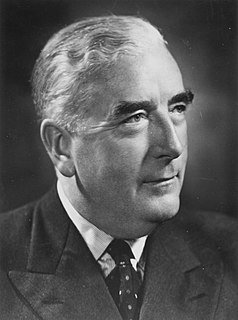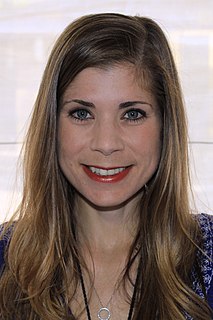Top 728 Wider Quotes & Sayings - Page 13
Explore popular Wider quotes.
Last updated on April 15, 2025.
Even though you try to put people under control, it is impossible. You cannot do it. The best way to control people is to encourage them to be mischievous. Then they will be in control in a wider sense. To give your sheep or cow a large spacious meadow is the way to control him. So it is with people: first let them do what they want, and watch them. This is the best policy. To ignore them is not good. That is the worst policy. The second worst is trying to control them. The best one is to watch them, just to watch them, without trying to control them.
I pledge to set out to live a thousand lives between printed pages. I pledge to use books as doors to other minds, old and young, girl and boy, man and animal. I pledge to use books to open windows to a thousand different worlds and to the thousand different faces of my own world. I pledge to use books to make my universe spread much wider than the world I live in every day. I pledge to treat my books like friends, visiting them all from time to time and keeping them close.
A man may be a tough, concentrated, successful moneymaker and never contribute to his country anything more than a horrible example. A manager may be tough and practical, squeezing out, while the going is good, the last ounce of profit and dividend, and may leave behind him an exhausted industry and a legacy of industrial hatred. A tough manager may never look outside his own factory walls or be conscious of his partnership in a wider world. I often wonder what strange cud such men sit chewing when their working days are over, and the accumulating riches of the mind have eluded them.
What is family? They were the people who claimed you. In good, in bad, in parts or in whole, they were the ones who showed up, who stayed in there, regardless. It wasn't just about blood relations or shared chromosomes, but something wider, bigger. Cora was right - we had many families over time. Our family of origion, the family we created, as well as the gorups you moved thorugh while all of this was happening: friends, lovers, sometimes even strangers. None of them were perfect, and we couldn't expect them to be. You couldn't make any one person your world. The trick was to take what each could give you and build a world from it.
Using SROI to explore the value of our online question and answer service, askTheSite, helped us develop new mechanisms for speaking to young people and gain a real insight into the impact of our work. The project enabled us to demonstrate YouthNets commitment to robust impact measurement as well as our commercial approach to project evaluation. Perhaps most importantly, being able to assign a monetary value to askTheSite has enabled YouthNet to convey to current and potential funders how valuable the service is for both young people and the wider society in a language that they understand
The maiden Olympics had more to protest about than mere war, though. Central to its ethos was a rejection of two establishments the political one, certainly, but also that of the wider poetry world itself. It changed poetry for ever in the UK, ... It led to readings all over the country. You suddenly got more women reading and publishing poems, as well as gay guys and poets from all over the world. Until that time, published poetry had been very university-based white, male, middle-class. We were trying to break poetry out of its academic confines.
Sciences usually advances by a succession of small steps, through a fog in which even the most keen-sighted explorer can seldom see more than a few paces ahead. Occasionally the fog lifts, an eminence is gained, and a wider stretch of territory can be surveyed-sometimes with startling results. A whole science may then seem to undergo a kaleidoscopic rearrangement, fragments of knowledge sometimes being found to fit together in a hitherto unsuspected manner. Sometimes the shock of readjustment may spread to other sciences; sometimes it may divert the whole current of human thought.
Each of the parts of philosophy is a philosophical whole, a circle rounded and complete in itself. In each of these parts, however, the philosophical Idea is found in a particular specificality or medium. The single circle, because it is a real totality, bursts through the limits imposed by its special medium, and gives rise to a wider circle. The whole of philosophy in this way resembles a circle of circles. The Idea appears in each single circle, but, at the same time, the whole Idea is constituted by the system of these peculiar phases, and each is a necessary member of the organisation.







